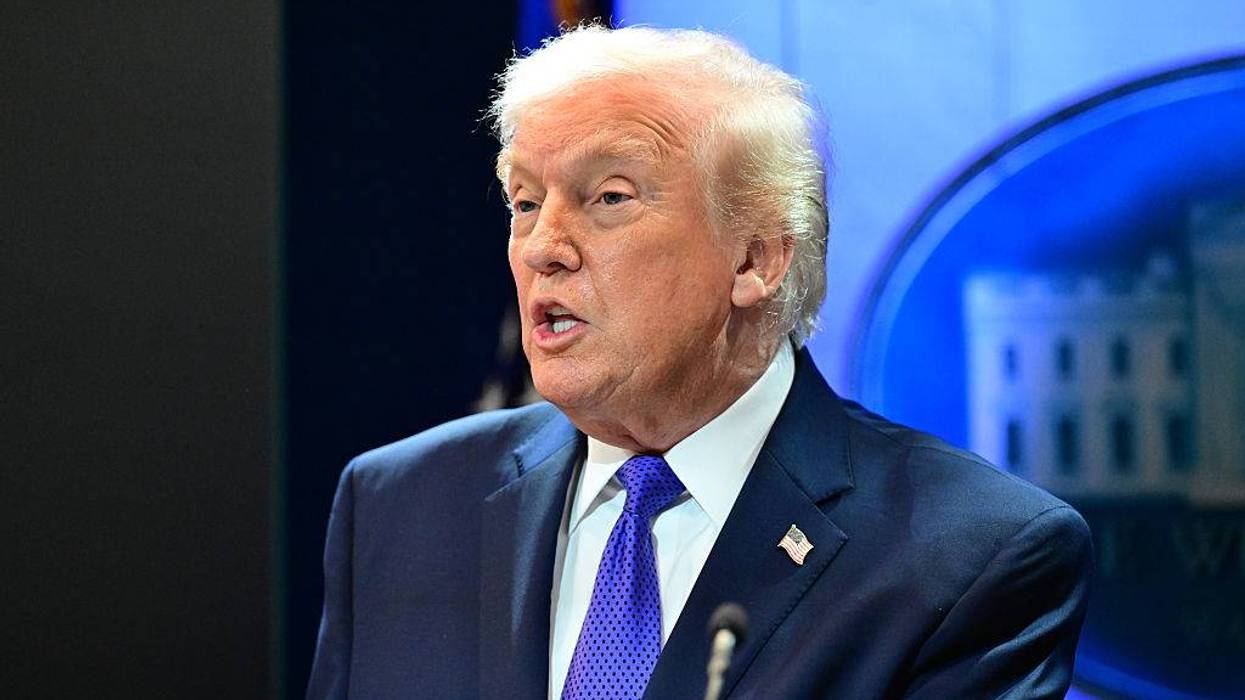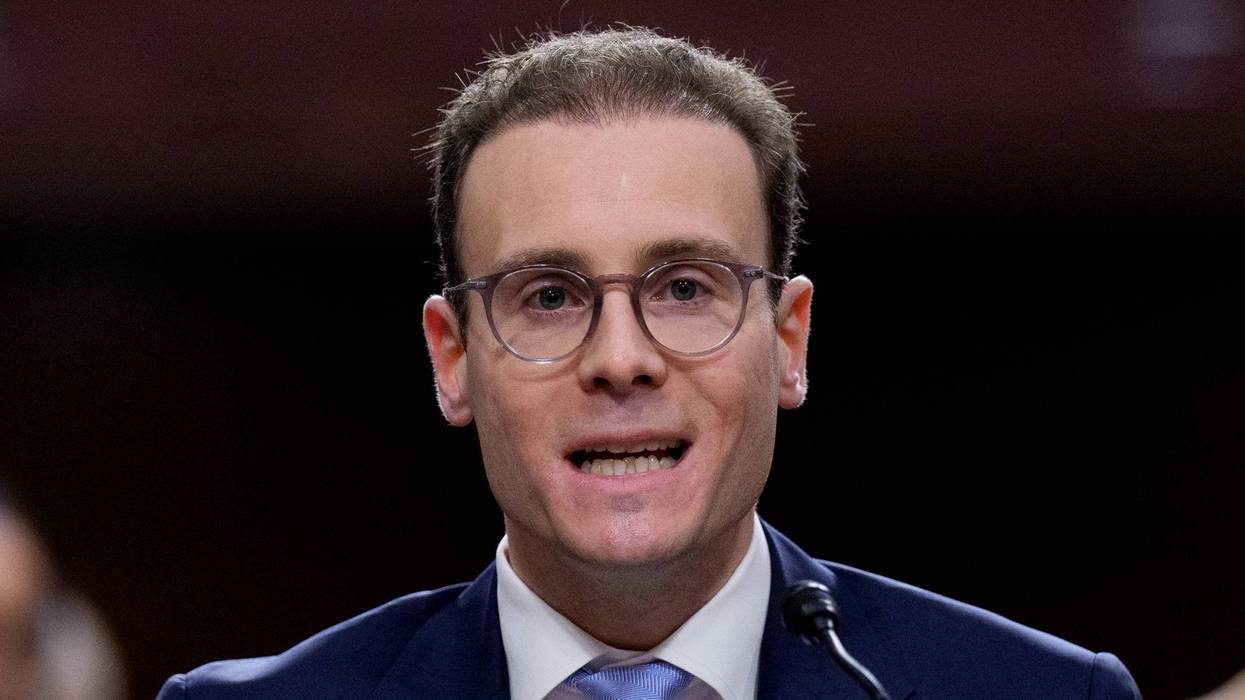States have alleged that these apps—which allow users to earn money by making accurate predictions on sports and other events—should be regulated similarly to gambling apps, which are subject to licensing requirements, age restrictions, and tax obligations.
But the brief filed by Selig asserts that the CFTC, which has much looser regulations, has "exclusive jurisdiction" over the prediction apps, which he referred to as "derivatives markets"—a term for venues where people trade financial contracts backed by stocks, bonds, or commodities.
"American prediction markets aren’t new. They have been regulated by the CFTC for more than two decades and serve legitimate economic purposes," he said. "These markets have changed the way people consume news, monitor events, [and] engage in politics, and can be more accurate than competing products."
"Congress gave the CFTC comprehensive authority over any contract based on a commodity, and the legal definition of a commodity is very broad," he continued.
Being regulated by CFTC is an obvious boon to the betting companies, because it essentially means they'll be regulating themselves.
As The Lever noted, Selig's statement came just days after he'd "recruited top executives from those same companies—including leaders from Polymarket, Kalshi, Crypto.com, DraftKings, and FanDuel—to help advise regulators on how to 'develop clear rules of the road for the Golden Age of American financial markets.'"
It's not merely a corporate giveaway, but also an apparent act of brazen self-dealing for the Trump family, whose media company just months ago partnered with Crypto.com to launch its own prediction platform called "Truth Predict."
It just so happens that Crypto.com's parent company also donated $30 million to Trump's super PAC in 2025. Meanwhile, Donald Trump Jr. is an investor and unpaid adviser to Polymarket and a paid advisor to Kalshi.
Prediction betting apps, which allow users to make money predicting political events, have faced accusations of insider trading from those who may have foreknowledge of the Trump administration's activities.
In January, a user created a new account and bet $32,000 that Venezuelan President Nicolas Maduro would be out of power by the end of the month. Within hours, Trump had launched an operation to kidnap the president, netting the user a $436,000 payday.
Just days later, White House press secretary Karoline Leavitt drew suspicion when she abruptly looked up at the clock and ended a press conference just seconds before a Kalshi bet marked it to conclude, which allowed those who bet it would not go over time to win 50 times what they'd wagered. The White House denied any insider trading, calling it "100% Fake News."
While prediction markets have become the toast of the Trump administration, the push for near-total deregulation has even some Republicans worried.
Senate Agriculture Chair John Boozman (R-Ark.), whose committee oversees the CFTC, said on Wednesday that he'd be speaking with Selig about his announcement.
“This is an area that just caught fire. I don’t think anybody expected it to grow at the rate that it has,” Boozman said. “But there is concern; it’s the Wild West. There’s not much regulation.”
Democrats, meanwhile, argued that Selig was asserting authority that didn't exist.
"This is patently false," wrote Sen. Chris Murphy (D-Conn.) in a response to Selig's announcement on social media. "Congress has not given the exclusive power to the CFTC to regulate prediction markets. He just made this up out of thin air because the gambling companies that back Trump wanted him to."
Sen. Elizabeth Warren (D-Mass.) added that "Trump’s CFTC chair is trying to strip states of their authority to regulate gambling within their borders and hamstring their ability to protect Americans from getting ripped off."
Some states are still pushing ahead as usual. In an act of defiance to the administration, the same day as Selig's announcement, gaming regulators in Nevada appeared to thumb their nose at the CFTC by filing a lawsuit seeking to block Kalshi from operating sports betting in the state.
“Its continued operation harms the state and the public every day and poses an existential threat to the state’s gaming industry,” Jessica Whalen, chief deputy solicitor general for the attorney general’s office, wrote in the filing. “Kalshi has continued to dramatically expand its business, rather than attempting to maintain any kind of status quo.”





